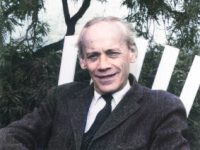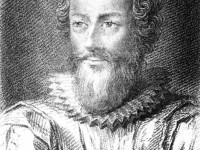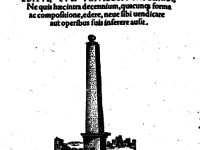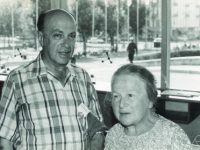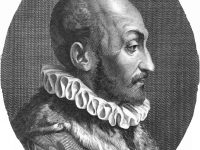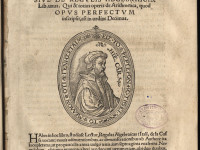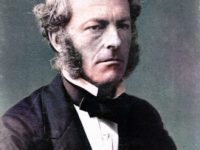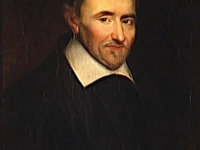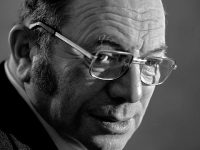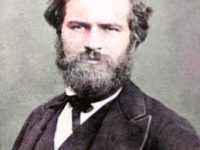Emil Artin and Algebraic Number Theory
On March 3, 1898, Austrian mathematician Emil Artin was born. Artin was one of the leading mathematicians of the twentieth century. He is best known for his work on algebraic number theory, contributing largely to class field theory and a new construction of L-functions. He also contributed to the pure theories of rings, groups and fields. Early Years Emil Artin was born in Vienna to parents Emma Maria Artin, a soubrette on…
Read more

